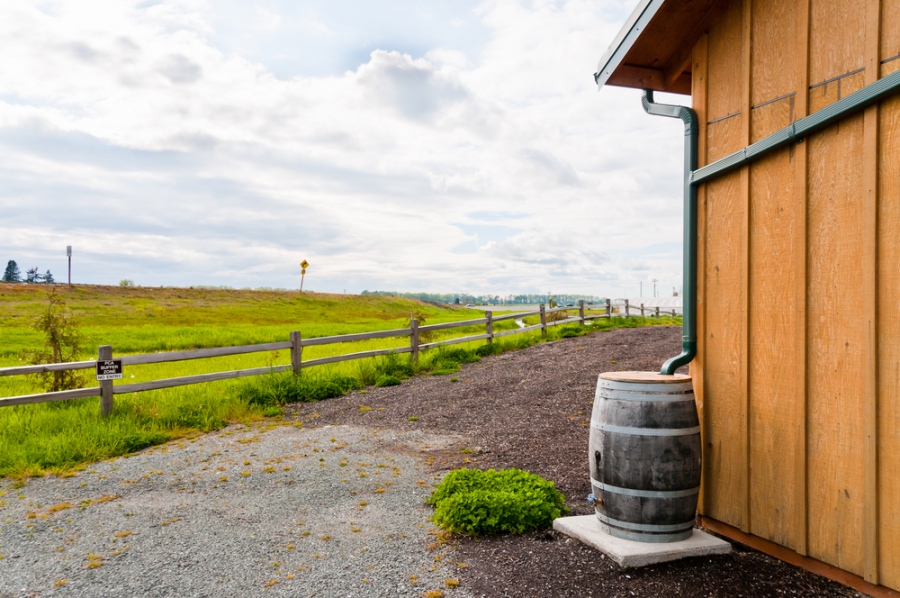Are you interested in creating a sustainable garden? With the environmental concerns about climate change, it makes a lot of sense to garden more sustainably. It takes a small amount of effort, and your actions can go a long way in helping the whole planet.
The result is a garden that you can admire, enjoy, and potentially even eat from. You can reduce your environmental footprint while still engaging in the hobby you love. A sustainable garden helps increase carbon storage while reducing greenhouse gas emissions, and of course, contributing to animal and plant biodiversity.
If you’re ready to create a sustainable garden, here are the steps you should take.
Plant More Trees
If you’ve got the space, plant as many trees as you can. Trees are excellent at storing carbon in the soil from the atmosphere since they filter out any air pollution to help purify the air and help everyone breathe better and cleaner.
You can also volunteer with a local group that goes tree planting if you don’t have enough room in your own garden, but still want to make a difference that will affect the community.
Commit to Organic
A sustainable garden helps create a healthy environment for any life around it, so if you’re truly committing to sustainable gardening practices, you should commit to never using any chemicals. Chemicals like pesticides, herbicides and inorganic fertilisers create massive damage and cause harm to the earth. You want to actively avoid anything that will contaminate and pollute your soil, as well as your underground water, so stick to only 100% organic products and solutions.
Adapt Current Features
If you have a water feature in your garden, you can make this more sustainable as well. Water Garden offers solar-powered pumps that don’t need a mains power source so that you can use aneco-friendlier solution.
Collect Rainwater
Another good way to garden more sustainably is to passively harvest water rather than getting your hose out whenever your plants need watering. Do your best to collect as much rainwater, storm water or grey water that you can and water your garden with that instead. You can collect and reuse water by having rain barrels or rainwater tanks or by putting buckets in your shower.
Reusing water as much as possible will help reduce the reliance on your city’s water supply, as well as help reduce soil erosion. It also minimises your costs, which over time will help your wallet too.
Make your Garden a Zero-waste Garden
If there are no bins in nature, why not mimic this for your own garden? Figuring out a way to reuse all garden waste without throwing it in the bin helps make your garden more sustainable.
Composting and recycling all kitchen scraps and green garden waste is a great way to achieve this. If you can feed the garden nutrients that you’ve sourced locally, or even from your own property, you’re well on your way. You can also try a different compost system to find the one that works best for you and your garden’s needs. Worm farms and bokashi bins are adaptable for most sized gardens.
